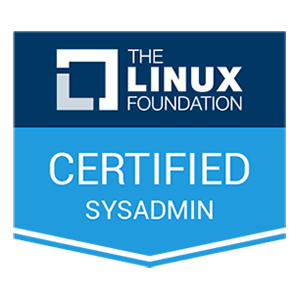编程语言
1017
在尖括号里写一个名字来创建一个泛型函数或者类型。
func makeArray<Item>(repeating item: Item, numberOfTimes: Int) -> [Item] { var result: [Item] = [] for _ in 0..<numberOfTimes { result.append(item) } return result } makeArray(repeating: "knock", numberOfTimes: 4)
你也可以创建泛型函数、方法、类、枚举和结构体。
// 重新实现 Swift 标准库中的可选类型 enum OptionalValue<Wrapped> { case none case some(Wrapped) } var possibleInteger: OptionalValue<Int> = .none possibleInteger = .some(100)
在类型名后面使用 where 来指定对类型的一系列需求,比如,限定类型实现某一个协议,限定两个类型是相同的,或者限定某个类必须有一个特定的父类。
func anyCommonElements<T: Sequence, U: Sequence>(_ lhs: T, _ rhs: U) -> Bool where T.Element: Equatable, T.Element == U.Element { for lhsItem in lhs { for rhsItem in rhs { if lhsItem == rhsItem { return true } } } return false } anyCommonElements([1, 2, 3], [3])
练习
修改
anyCommonElements(_:_:)函数来创建一个函数,返回一个数组,内容是两个序列的共有元素。
<T: Equatable> 和 <T> ... where T: Equatable 的写法是等价的。










